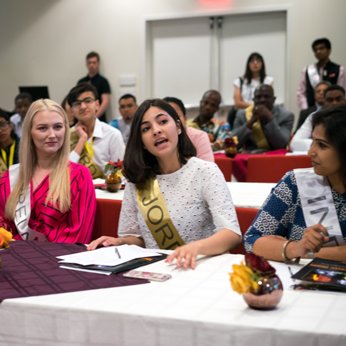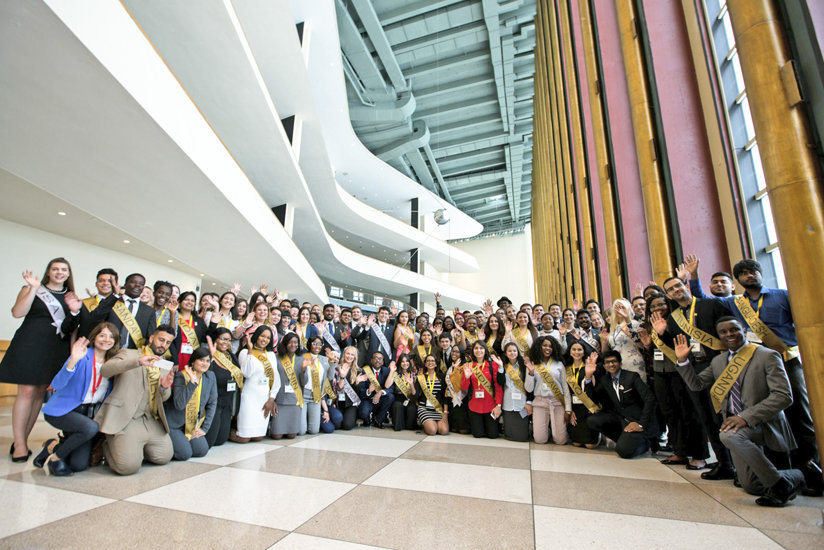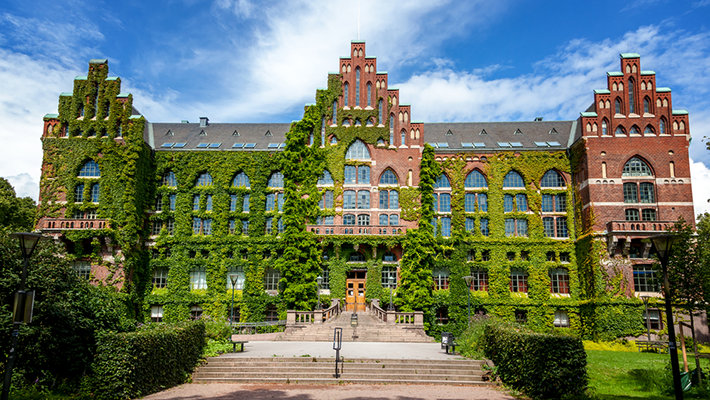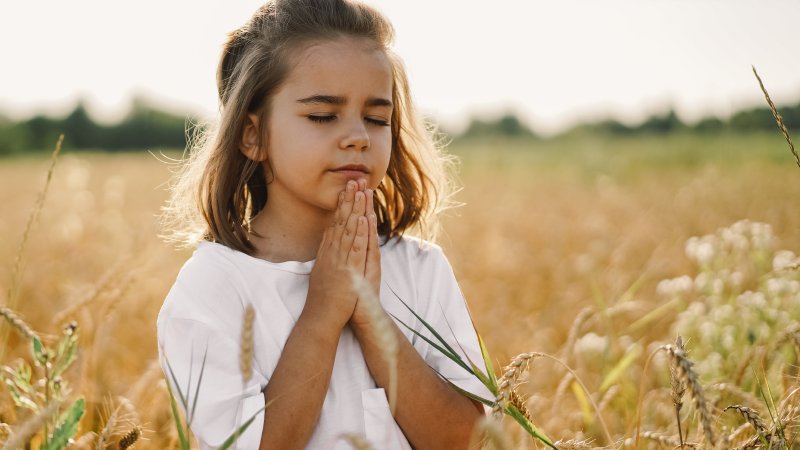
-
HOME
-
WHAT IS STANDOur Mission Our Values Our Help Contact
-
WHAT WE FIGHT FORReligious Freedom Religious Literacy Equality & Human Rights Inclusion & Respect Free Speech Responsible Journalism Corporate Accountability
-
RESOURCESExpert Studies Landmark Decisions White Papers FAQs David Miscavige Religious Freedom Resource Center Freedom of Religion & Human Rights Topic Index Priest-Penitent Privilege Islamophobia
-
HATE MONITORBiased Media Propagandists Hatemongers False Experts Hate Monitor Blog
-
NEWSROOMNews Media Watch Videos Blog
-
TAKE ACTIONCombat Hate & Discrimination Champion Freedom of Religion Demand Accountability
What Faith in Our Schools Really Means
I have a nonprofit through which I visit schools all over the U.S. and the world to speak to kids about their basic human rights. We talk about things like bullying and about how crazy it is that human rights exist in some parts of the world, but not in others.

It always amazes and inspires me that kids have such an innate sense of fairness and justice and they love talking about what needs fixing in the world. I encourage and acknowledge the power they each have to positively affect the world around them and, based on the survey feedback we receive, we are changing the lives of thousands of kids for the better. I’m incredibly proud of that and feel it’s my life’s work—something I plan to continue for decades to come.
Like so many good people I know who dedicate their time and resources to making the world a better place, I’m driven and supported and renewed and inspired by my church and its teachings. But if you asked any of the thousands of kids and hundreds of teachers I’ve met what my religion is (or where the people I tour and work with pray or whom they pray to), they wouldn’t be able to tell you, because it never comes up. My religious faith is incredibly important and personal to me and isn’t something I bring up in everyday conversation. I know many people who feel the same way.
One of the human rights I believe in most strongly is freedom of religion. I have good friends who are Jewish, Christian, Muslim, or Buddhist, and many more who are still searching and haven’t quite made up their minds. I work with other nonprofits who inspire and motivate me, and every single nonprofit founder I talk to is inspired by their faith in something, even if it’s simply their faith in their fellow man.
I believe wholeheartedly in the concept of separating church and state. I’ve lived in places where one specific faith so dominates culture, education and politics that having or expressing other views is difficult, if not impossible and, in my observation, it doesn’t work. I believe we’re stronger when we recognize and respect all constructive viewpoints and faiths and educate our kids to do the same by allowing them the freedom to explore and discover their own truths.
All of which is why I was inspired to read about a recent decision by the department of education to no longer inhibit the ability of religious groups to do secular work in schools.
But the pendulum can swing too far in the other direction, too, where people of faith are considered somehow intellectually or even morally inferior to those who maintain a skeptical, noncommittal view of religion or spirituality, and we are hammered daily from every possible medium with the message that we are wholly biological creatures whose emotions and ability to reason and even imagine and dream are nothing more than a mix of chemicals and synapses firing—a view I would argue is, in itself, a cultish religion that dominates our culture and discourse like none before it.
All of which is why I was inspired to read about a recent decision by the department of education to no longer inhibit the ability of religious groups to do secular work in schools. That spoke to my personal truth that some of the world’s most caring, energetic and helpful people are those who are driven by their faith to help everyone they meet, regardless of whether those people share their religious views or basic beliefs.

Separation of church and state doesn’t mean we have to divorce our faith from our day-to-day lives and affect some sort of clinical detachment in order to bring our best selves to the work we do. It just means we have to operate always with a sense of respect and inclusion that makes every individual, of every faith and viewpoint, feel equally welcome and safe, appreciated and important. I pride myself on my ability to do that while also acknowledging that I’m able to do the work I do at all because of the guidance and support and sense of community my church provides me, and how far I’ve come through its teachings.
Our faith represents and embodies the best in each of us. Some of the most amazing people I know bring that faith and inspiration into our schools in a way that draws out the best in our kids as well.
And I’m glad they’re being given the freedom and encouragement to keep doing it.









